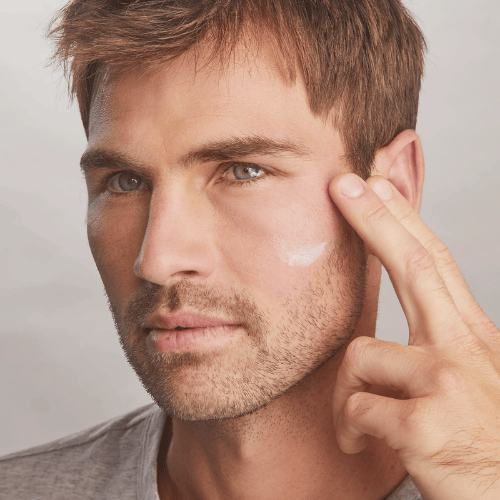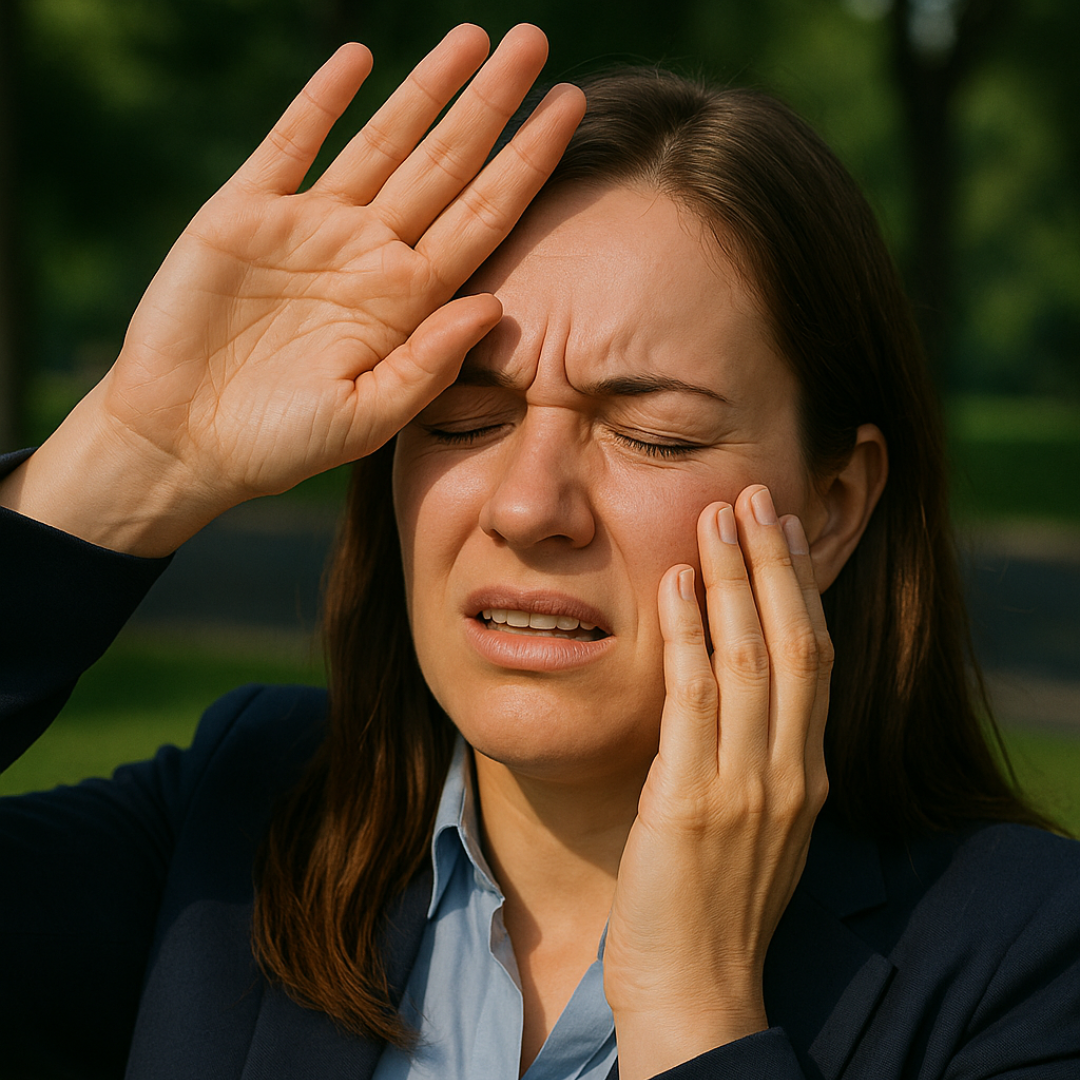Eye allergies can make Spring miserable
In Alberta we wait so long for the signs of Spring, then when it finally happens many of us are hit with symptoms of eye allergies.
It seems that all the plants, grasses and trees start releasing pollens into the air at once. Exposure to these molecules (“allergens”) may create an allergic reaction, causing a range of symptoms, from mild sniffles or itching to full-blown inflammation and even breathing difficulties.
Common signs of allergies include:
• Red, puffy eyes
• Itchy eyes, nose, throat
• Runny nose
• Sneezing and coughing
• Headache
• Fatigue from lack of sleep
The best way to “treat” eye allergies is to avoid the cause of the allergy. This may be easier if you are allergic to certain medications or pet dander, but seasonal allergies are harder to avoid. Here are some tips worth keeping in mind: during the peak of allergy season, avoid going outdoors and use air conditioning with closed windows indoors or while driving. Use furnace filters that trap common allergens and replace the filters frequently. When being outdoors cannot be avoided, wear wrap-around sunglasses to block some of the allergens from entering your eyes.
Several over-the-counter (OTC) medications may be effective for mild to moderate allergy symptoms if you cannot avoid the allergens. Claritin® or Reactine® can work well if you have a multitude of symptoms such as sneezing or runny nose in addition to your eye symptoms. Visine-A® or Naphcon-A® can be effective eyedrops to alleviate symptoms of eye allergies and are also available over-the-counter. Be careful with extended use of OTC medications, especially those that contain a decongestant, as chronic use may actually cause a worsening of some of your symptoms such as eye redness.
Our doctors recommend prescription anti-allergy drops in many cases. Although more expensive, they are usually more effective at controlling the symptoms of eye allergies. They are also faster-acting and work better over a longer period of time than non-prescription remedies. There are several types of prescription anti-allergy drops – the best idea is to make an appointment with one of our doctors to assess your signs and symptoms and prescribe the best treatment for you. Remember, Alberta Health covers medically necessary visits to an optometrist.
Lastly, if you wear contact lenses, they can make your allergy symptoms even worse. Generally the recommendation is to avoid contact lenses during the peak of allergy season. If this is not possible your optometrist may be able to prescribe daily disposable contact lenses to get you through the worst of it.
Don’t suffer in silence. See one of our optometrists if you are having any problems at all with your eyes or your vision.












